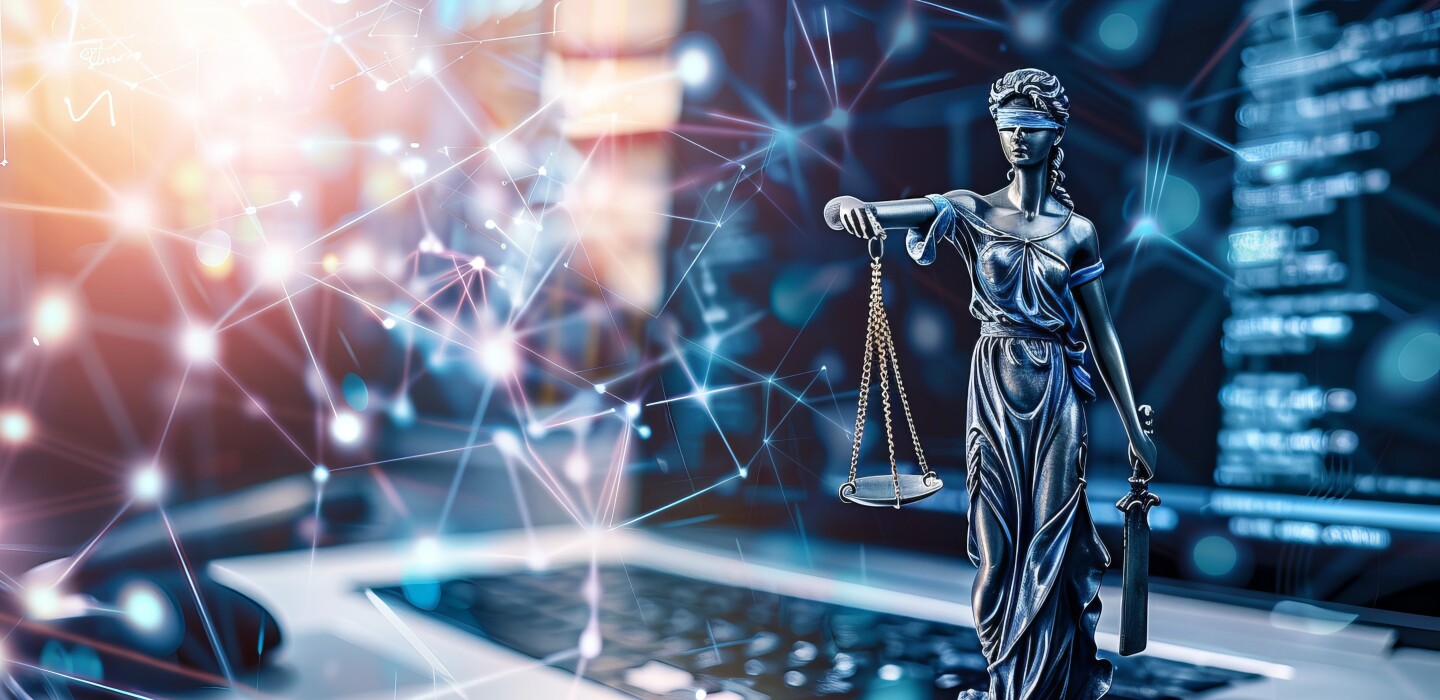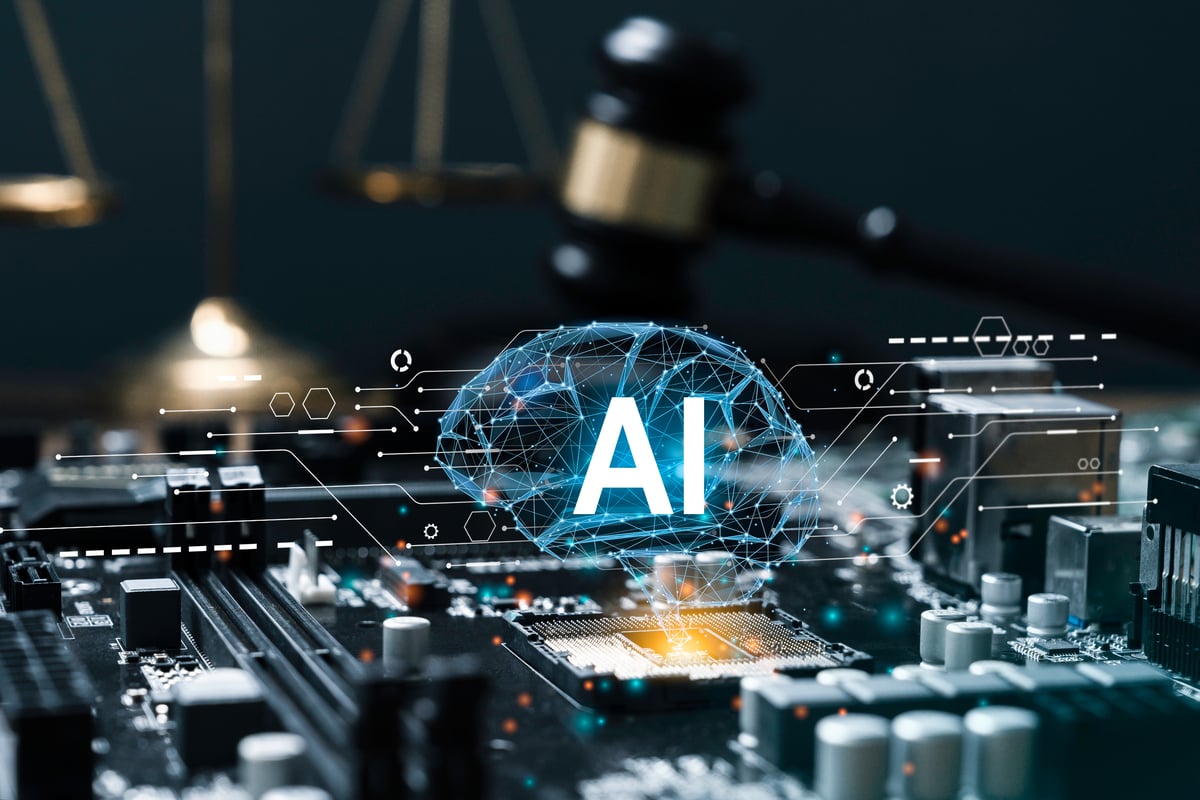The Miami-Dade County, Florida, public defender’s office isn’t shy about adopting new technology to augment the work of its 400-person staff, including about 230 attorneys.
Most recently, that technology has been AI, which the county now uses to help establish deadlines, write briefs and assemble reports, among other functions. The rapid acceleration of technology in American life over the past two decades has also meant that Miami-Dade – along with many other public defender offices – must now manage an avalanche of digital documents in addition to traditional evidence, making efficiency even more important.
“We have an additional caseload because of all the digital evidence, whether it’s text, audio or video,” said Carlos J. Martinez, Miami-Dade’s public defender. “There is so much more than before that we have to find a way. How to do all these things? How do you examine all of these things in a way that meets your professional obligations to be competent and diligent?
Thus, the office, which manages around 15,000 files open at any time, now uses Co-counselan AI platform supported by a large legal language model. Miami-Dade adopted Co-counsel in 2022 while it was in beta, making it likely one of the first public defender offices to use AI in this way.
The platform integrates with document management systems to streamline how agencies and courts process cases, whether those systems are built in-house or provided by vendors. It can scan and convert paper or handwritten documents into digital formats for easier processing. More broadly, it supports workflow automation, helping move legal matters from initial receipt to resolution more efficiently. A team of attorney editors ensures the accuracy of sources, said Patrick Eveland. Eveland is head of government legal at Thomson Reuters, the company behind CoCounsel.
“When this product came online, we bought it,” Martinez said. “We weren’t afraid of it. We welcomed it because we know that technology must allow us to handle additional workload.”
The office includes deputy public defenders, volunteer attorneys and law interns; administrative technology, budget and finance professionals; mitigation and response experts; customer interviewers; investigators; and a law librarian. And it deals with crimes, misdemeanors, delinquency and a number of mental health engagements. The office handles approximately 75,000 court cases per year, and each case requires several types of documents, ranging from legal, medical and school records; customer emails and notes; to various pieces of evidence.
Cynthia Guerra is the office’s chief deputy public defender for operations and oversees its IT team. She said AI tools are used to quickly summarize large volumes of the most complex records – like medical, school and client notes – among other tasks. This automation saves hundreds of hours that would otherwise be spent on manual review, allowing everyone to serve more clients and focus on higher value tasks such as client care and program placement. This is a far cry from previous technology that required staff members to drag and drop electronic documents into a case management system.
Thomson Reuters describes its platform as being designed specifically for legal professionals. The company emphasizes that customer data remains in its secure systems and is not shared externally. A FedRAMP Authorized CoCounsel’s version should be available next year.
Looking ahead, the public defender has several ideas for how to continue to apply AI to justice. One that doesn’t seem complicated at first glance is the timing and scheduling of depositions. Guerra said they coordinate more than a thousand depositions each month, but about half are canceled, often without notice. This effort could reduce inefficiency by improving communication between defense attorneys, clients, prosecutors and law enforcement – a logistical challenge that consumes significant time and resources.
They have also received many questions from other jurisdictions about the use of this technology, and their advice is to review vendors, ensure security is in contracts, and work with the products to see if they offer the right features.
“Get someone with experience, get someone who knows what they’re doing and read your contract,” Guerra said. “Make sure it shows that everything is encrypted and everything is in a ‘black box.’ We need to be confident that our suppliers will keep our information secure, because clearly releasing customer information is a bit scary.
But generally speaking, Guerra and Martinez recommend the use of this technology for other public defenders.
“We’re trying to tell the story of how we use AI and how successful it is,” Guerra said. “We believe there is a place for AI in every office, no matter how small, because it will give time back.”










